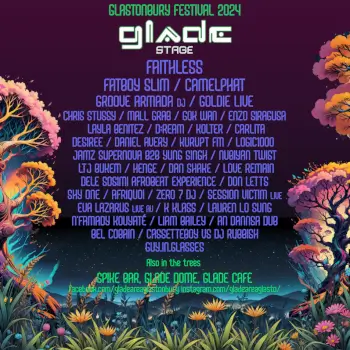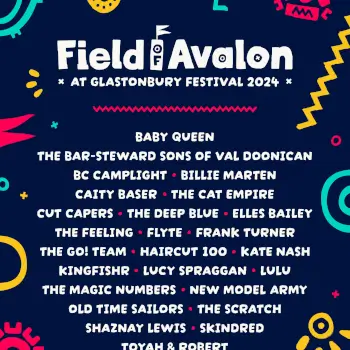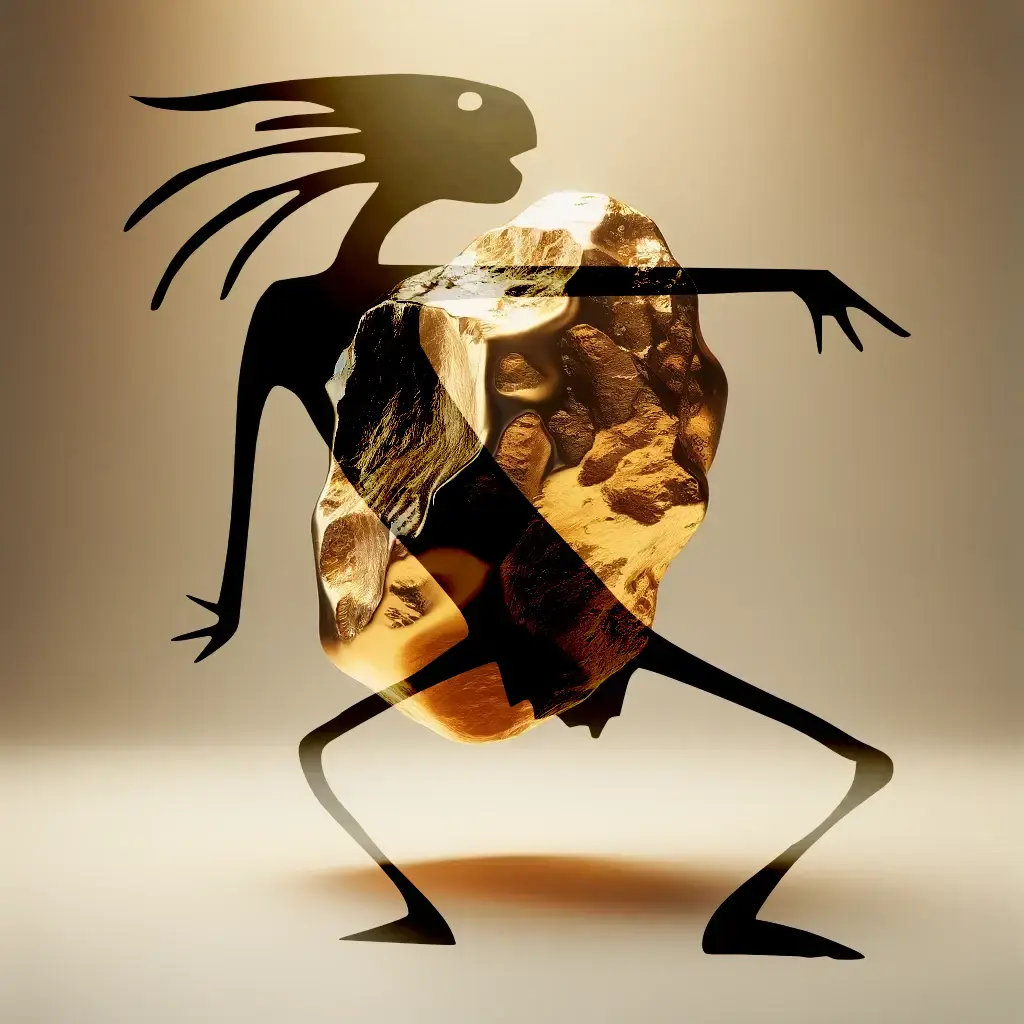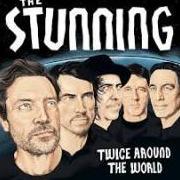-
Recently Browsing 0 members
- No registered users viewing this page.
-
Latest Activity
-
This is right. I’ll be honest it seemed like a madness.
-
By Smozmorris · Posted
The general vibe of music after 12am is of the DnB variety. Yes there is a Friday with VTSS or on Levels with Ki/Ki. You have got to search it out.. mostly filled with DnB which sometimes I like but walking though, past a lot of venues it's seems the same stuff..just change it something different. could be A Dj playing Neal Diamond!! Make it different...rant nearly over -
No I don't think that I think most who stay up late at Glastonbury can get enjoyment out if dance music. Whether it's there it's there normal go to or not. I'd not say everyone due to present company. You seem desperate to stay up tonight fighting people on the internet..... I think il leave you to it.
-
does this mean GFL think everyone who stays up past 12am 'mainly' likes dance music?
-
-
Latest Festival News
-
Featured Products
-

Monthly GOLD Membership - eFestivals Ad-Free
2.49 GBP/month
-
-
Hot Topics
-
Latest Tourdates















Recommended Posts
Join the conversation
You can post now and register later. If you have an account, sign in now to post with your account.